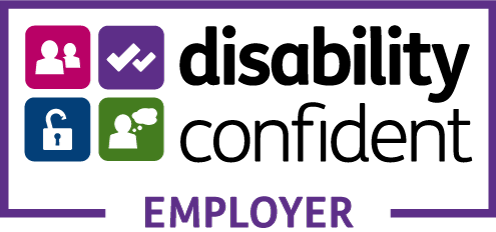WS Training is affiliated and associated with the following organisations:





INTENT:
Learners will follow a curriculum which adapts to the individual learning needs of learners who are working towards level 3. Learners will have opportunities to develop their knowledge, skills, behavior and understanding of workplace expectations. Take part in a variety of workplace experiences which actively promote problem solving, employability skills and responsibility. The main aim of this Apprenticeship is to develop the skills learners need to engage to progress further in work or access higher level learning. Learners will increase their development in areas such as:
QUALIFICATIONS:
Maths Functional Skill Level 2 & English Functional Skill Level 2 End Point Assessment to be completed upon learner reaching Gateway stage, this will consist of: Professional Discussion underpinned by portfolio & project report & questioning
CORE KNOWLEDGE & SKILLS:
BEHAVIORS:
ASSESSMENT:
Each month you will be expected to learn something new.
COURSE CONTENT:
The broad purpose of a Digital Support Technician is to maximise the effective use of digital office technologies, productivity software, digital communications, including collaborative technologies, and digital information systems to achieve objectives. They will select one of the following two options:
A Digital Applications Technician helps their organisation and its internal users to maximise the use of digital technologies and adapt to and exploit changes in technology to meet organisation objectives and maximise productivity ensure effective use of digital office technologies, productivity software, digital communications, including collaborative technologies, and digital information systems to achieve objectives. A Digital Service Technician supports the external customers and clients of their organisation though a wide variety of digital channels, to help them access and receive services, to coach and support them in their use of the digital systems; to support them to complete and submit information remotely and to diagnose and resolve their problems in relation to their access to and use of the digital technologies. In their daily work, Digital Support Technicians interact with a wide variety of internal or external users of digital systems,through digital channels, by phone and/or face to face.
Digital Support Technicians have the following levels of responsibility.
Autonomy: working under general direction, using discretion in identifying and responding to complex issues and assignments, usually receiving clear instructions and having work reviewed at frequent milestones, and determining when issues should be escalated to a higher level. Influence: interacting with and influencing others, having working level contact with colleagues or customers, and may supervise others or make decisions which impact the work assigned to others or to other phases of projects. Business: contributing fully to the work of teams, planning, scheduling and monitoring their own work within limited deadlines and according to relevant legislation, standards and procedures.
WHAT IS THE PROGRESSION?
Those completing the Digital Support Technician apprenticeship will be recognised for entry onto the BCS, the Chartered Institute for IT, Register of IT Technicians confirming SFIA level 3 professional competence. Those completing the apprenticeship can apply for registration.
ENTRY & DURATION:
Entry Requirements: The entry requirement for this apprenticeship will be decided by each employer but may typically be five GCSE’s at Grade C or higher.
Duration of Apprenticeship: Typically The apprenticeship will typically take 15 months to complete




